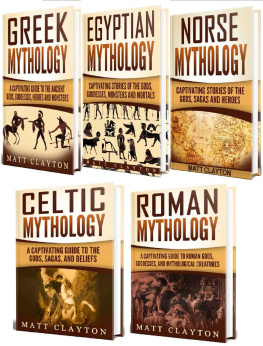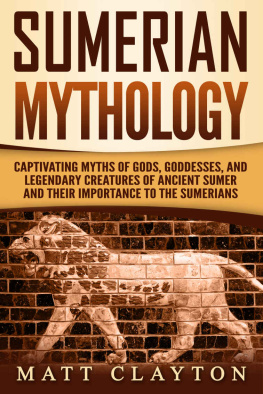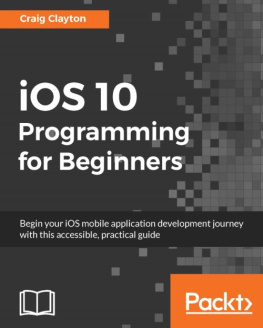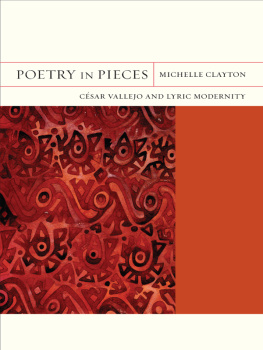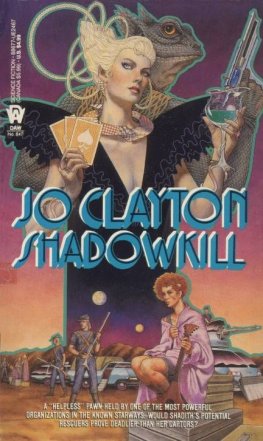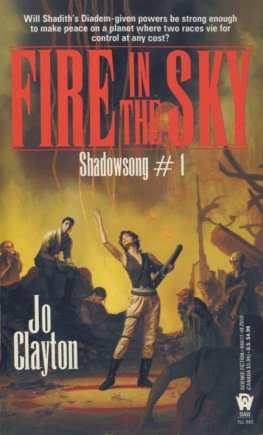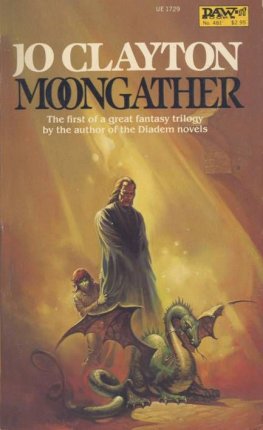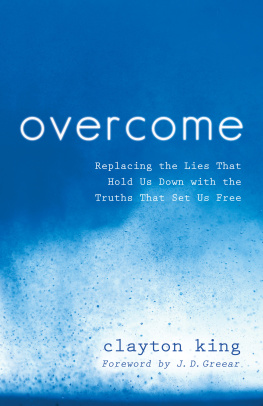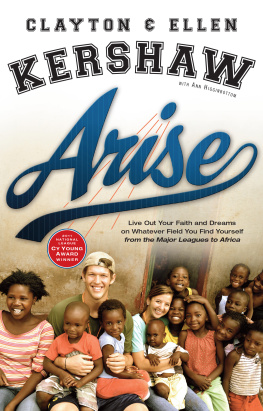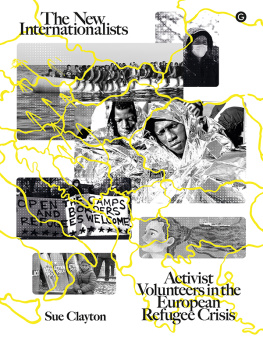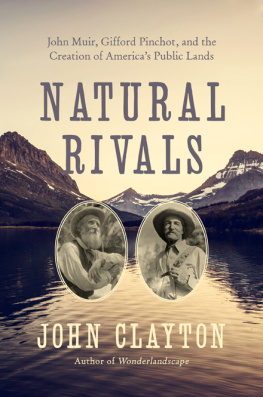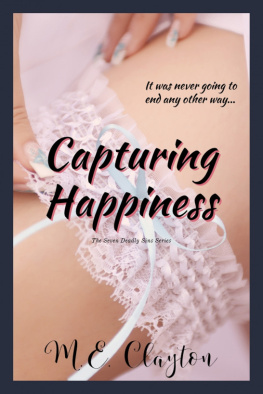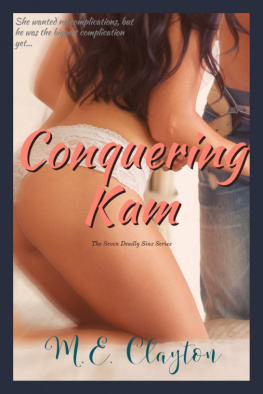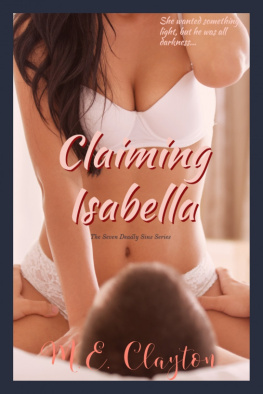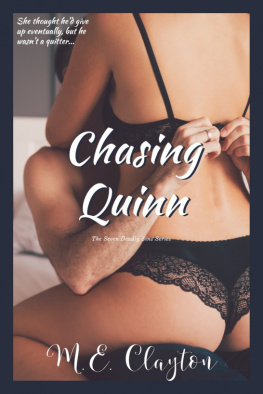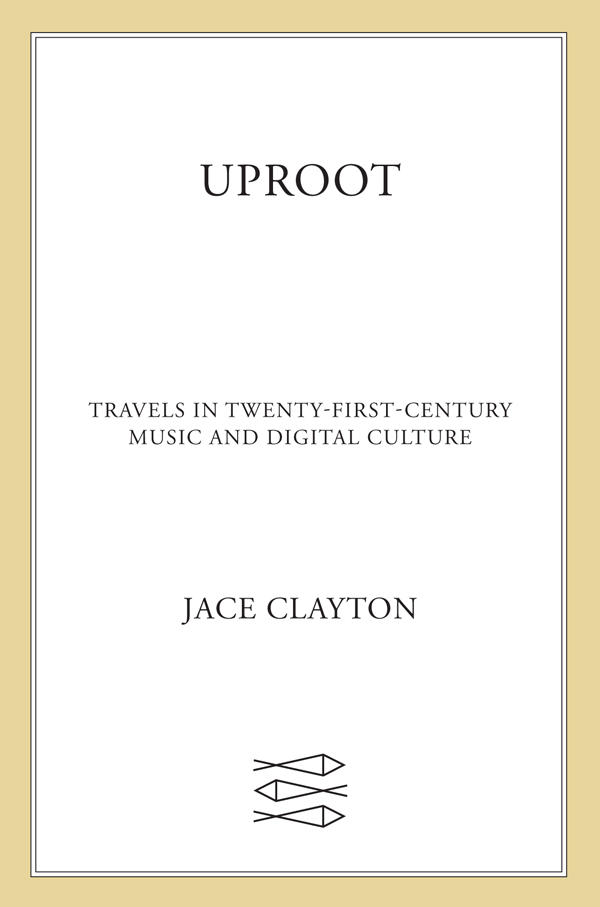Contents
Guide
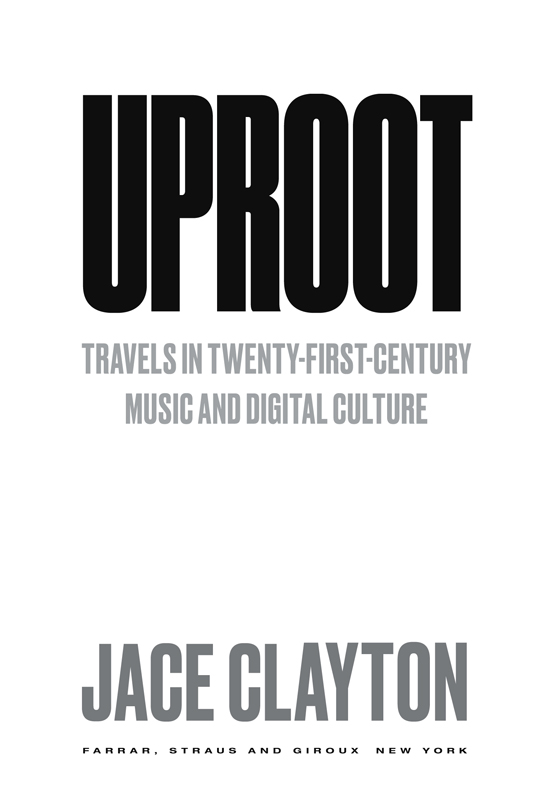
The author and publisher have provided this e-book to you for your personal use only. You may not make this e-book publicly available in any way. Copyright infringement is against the law. If you believe the copy of this e-book you are reading infringes on the authors copyright, please notify the publisher at: us.macmillanusa.com/piracy.
FOR ROCO
We continue to think we are hearing something beautiful, and so we are. Our ears, our hearts, forgive. Music could even be defined by what we happen to be forgiving at a particular time in history.
ANITA SULLIVAN , The Seventh Dragon
Some times the nite is the shape of a ear only it aint a ear we know the shape of. Lissening back for all the souns whatre gone from us Lissening for whats coming as wel.
RUSSELL HOBAN , Riddley Walker
For samples of the music referenced in Uproot and links to explore further, visit uprootbook.com.
The early twenty-first century will be remembered as a time of great forgetting. As so many of our ways of communicating with each other and experiencing the world translate to the digital and dematerialize, much is lost, and many new possibilities emerge. When people look back a hundred years from now, this time will be seen as a crucial turning point, when we went from analog to digital. Much of what is special about this transition gets articulated by music, those waves of magic that happen when the human spirit joins with technology to create vibrations that enchant us regardless of language or age, afloat between novelty and tradition and always asking to be shared. Zeitgeist heartbeats. A three-minute pop song can stop time, as sure as a three-second sample can conjure up decades of history. Music clocks the speed of our agethen runs it down or winds it up or makes it funky as the moment requires.
In the last twenty years digital technology has without question changed all aspects of music: inspiration, production, distribution, performance, receptioneverything. Some of this has been for the bad, but plenty has been for the good. And these profound electronic transformations are only part of the picture. When I reflect on my life since I started DJing internationally in 2000, my head starts to spin. Who knows how many cities and time zones Ive passed through. My wife sometimes calls me the jet-lag king. Ive taken easily a thousand flights, and in each destination Ive been surprised by on-the-ground details that complicate or outright contradict the standard media narratives about how music is changing. The more I traveled the more I saw how the ways in which we make, access, and value music have shifted, creating new social meanings that get at the heart of what it means to be alive in our wired and unpredictable time.
Ive DJed in more than three dozen countries. What I do isnt precisely popular in any of them, but enough people knew me and my music, and were happy to show me what mattered in their scene and why.
* * *
Its hard to reach North Cyprusthe top slice of a tiny island in the Mediterranean that seceded after a war with Greece in 1974not least because only one country, Turkey, officially recognizes it. Yet there we were, whizzing through arid country past pastel bunker-mansions, the architectural embodiment of militarized paranoia and extreme wealth, en route to an empty four-star hotel. We were going to rest for a day and then play music in the ruins of a crusader castle. It was the year 2000. I was the turntablist for an acid jazz group from New York City. The band didnt really need a DJ, but it did need someone to signify hip-hop, and that was me. There were six of us, including our saxophonist leader, a bassist, a drummer, a Haitian sampler-player, and a singer, Norah Jones, before she was known for anything besides being Ravi Shankars daughter.
When the cab dropped us off at the hotel, it was practically vacant: four liveried attendants were in the hotel casino, bored behind the empty gaming tables, and a grand total of two other paying guestselderly British pensioners, holdovers from remembered pre-1974 days when Cyprus was undivided. I unloaded my gear and sat beside the pool, making small talk with our host, trying to figure out exactly why our band had been imported all the way from New York to play an opulent deserted island. Down the coast, thirty miles away in the haze, a tall cluster of glass-and-steel buildings hugged the shore. Whats that city? I asked. It looked like Miami. Varosha, she said. Completely evacuated in the 1974 conflict. A ghost town on the dividing line between North and South Cyprus. The only people there were UN patrol units and kids from either side who illegally entered the prohibited zone to live out a J. G. Ballard fantasy of decadent parties in abandoned seaside resorts.
If North Cyprus represented the forgotten side of a fault line of global conflict, how were we getting paid? Who owned those scattered mansions that we saw on the way from the airport? Was our trip bankrolled with narco-dollars, to please the criminals hiding out in an empty landscape, or with Turkish state funding, to win tourists back? I never found out. I played the show, bought a laptop with my earnings, quit the band, and moved from New York to Madrid.
* * *
A few years earlier, I had been living in Cambridge, Massachusetts, attending college while trying to teach myself how to be a DJ. Friends and I began throwing events in nontraditional club spacesan architects studio, a cafeteria, the Boston Childrens Museum. We were actively mixing things up against the segregationist logic of Bostons dance scene, doing such things as inviting dancehall reggae DJs to perform alongside experimental guitar bands and stocking a room with noise toys for audience members to participate in lo-fi electronics jam sessions. It was a fun, heady time. We were starting to draw regular crowds, and gradually I was getting competent on the decks (though I shudder to recall the spectacular mistakes I subjected everyone to in those first few years when my ideas outpaced my technical abilities by a long shot). I was able to develop my style precisely because our little scene was born from frustrations with the standard club experience: we wanted an exploratory, open space.
As I look back on those Boston days, Im proud of our unspoken belief that if a supportive network came first, exciting musical moments would follow. Journalists love to crown royalty; magazine covers and website banners practically demand it. Yet as Ive traveled, time and time again Ive found myself in places where musical innovation and excitement emerge from a community experience, wherein the most groundbreaking or influential artists are rarely the most lauded.
* * *
In 2001 I recorded a three-turntable, sixty-minute mix called Gold Teeth Thief . It was deliberately all over the place: I opened with R&B futurist Missy Elliott and ended with Muslimgauze, an obscure one-man band from Manchester who layered field recordings from the Middle East over trancelike electronic beats. I uploaded the mix to the Internet so my friends could listen. Who else would? One magazine reviewed it, then another, and soon a lot of magazines, leading to hundreds of thousands of downloads. Meanwhile, I had moved to Madrid, happily going about my days without regular Internet access. I didnt know what was up. A few months after the mix went online, I got a phone call from a large European independent label. Id used one of their songs on the mix. They loved it! It was the best DJ session theyd heard in ages! They wanted to license the Gold Teeth Thief mix and give it a proper release, assuming they could pay the various labels a fee of $1,000 per track. Thatd be fantastic, I said, but pretty expensive. I use forty-four different songs on it. Some of those are major pop tunes, and a bunch are unlicensable bootlegs. Itd be a nightmare to do legally. They insisted that I send a complete track list so that their legal department could get cracking. Result: Impossible. Our lawyers laughed at us.


